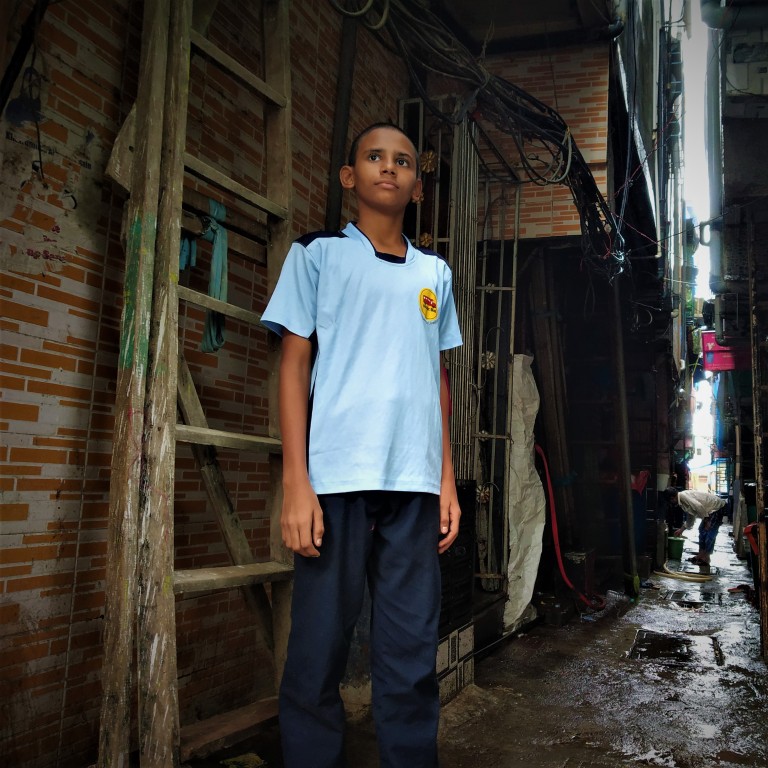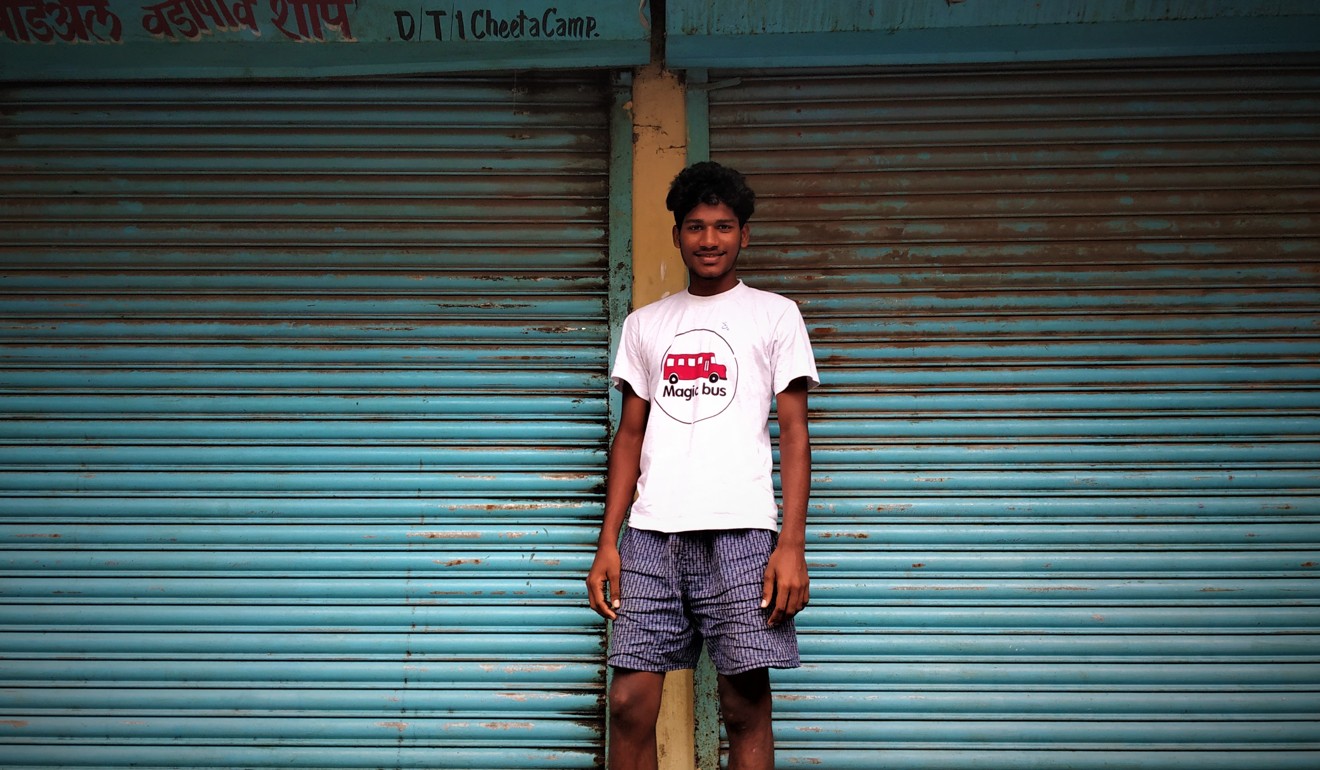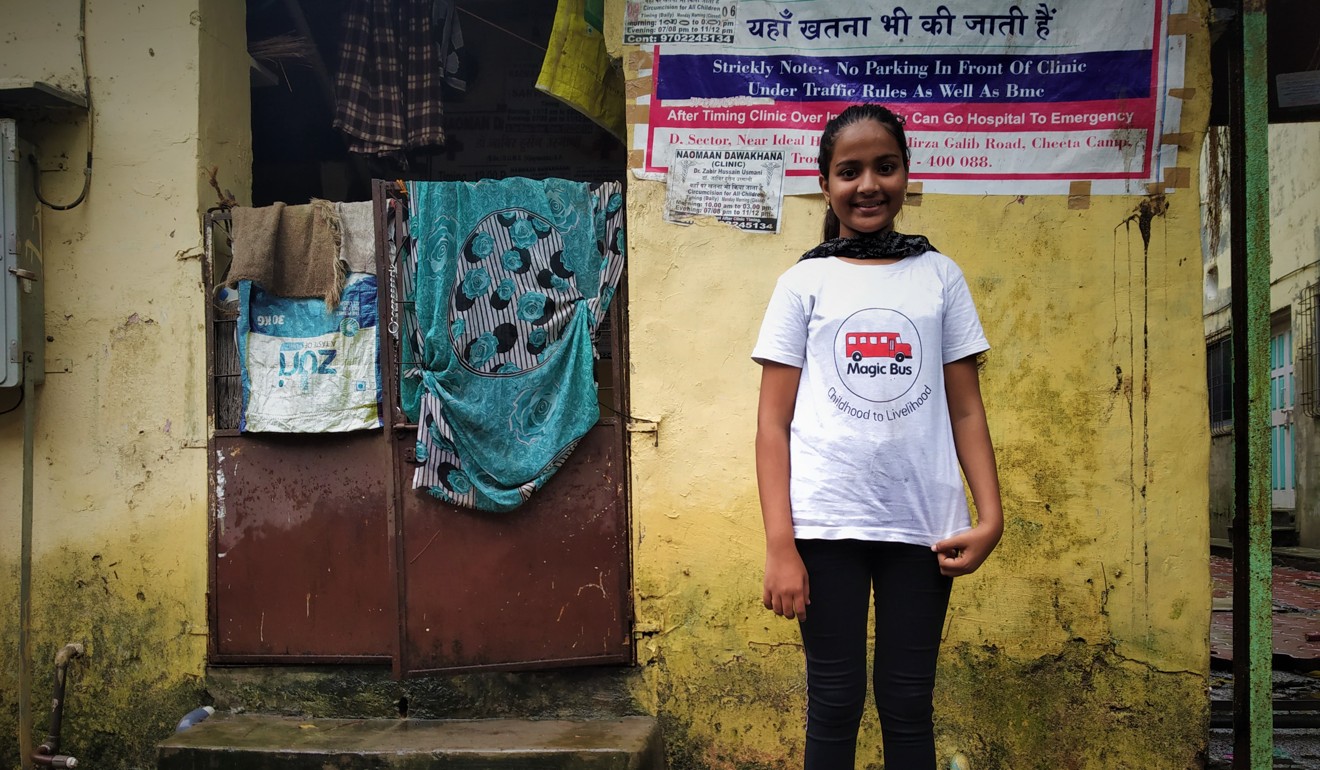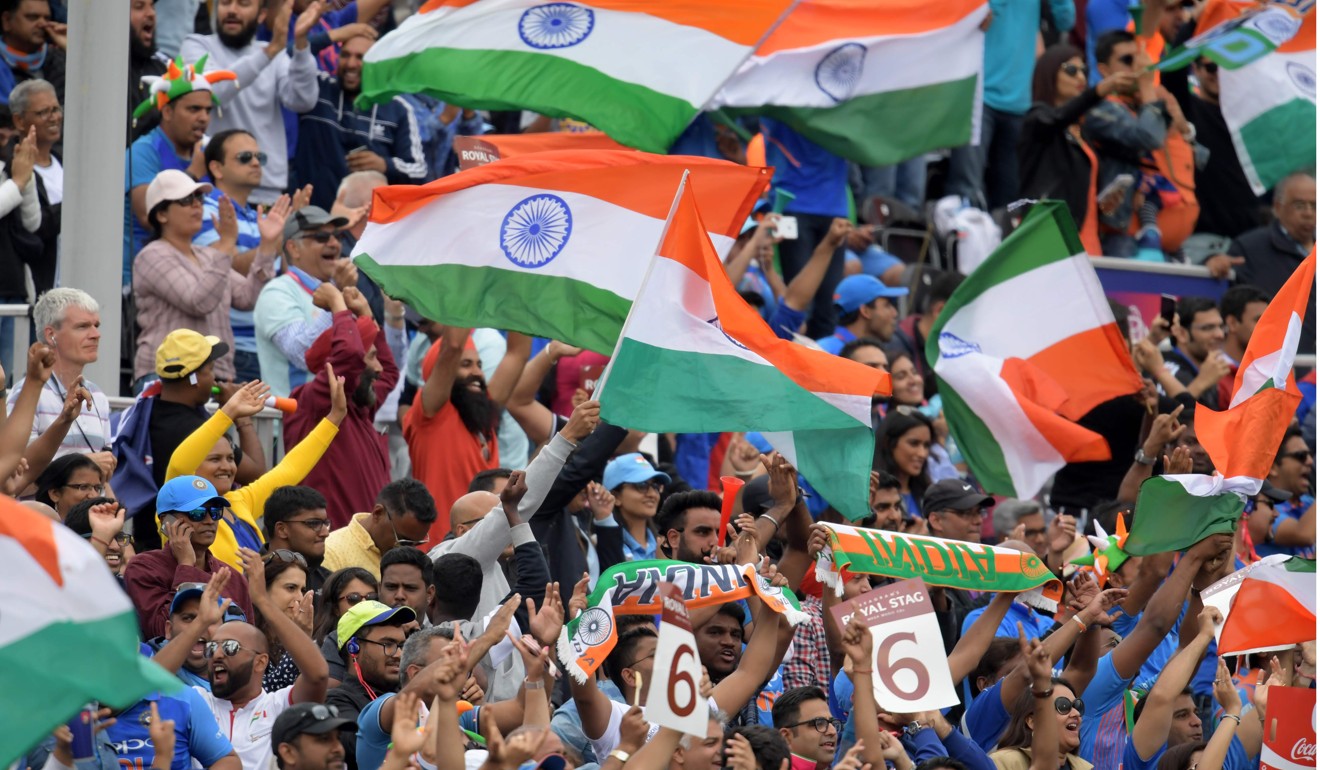
Tales of grit and glory: the lives of Mumbai’s slumdog cricket World Cup heroes
- Defying the odds, a team of teenagers from India’s marginalised urban communities won the Street Child Cricket World Cup in England
- Though the event gave the poverty-stricken children an opportunity to shine, the cricket-crazy nation has largely forgotten about them
Mohamed Irfan was not even in the final eight that played in that game. Yet, the announcement on the flight back home still rings in his ears.
“Suddenly, the pilot announced that there were world cup-winning champions travelling on the flight and told everyone about our win,” the 15-year-old said with a wide grin.
Other passengers clapped and smiled at them after the announcement.
The youngsters were crowned champions of the Street Child Cricket World Cup at the Lord’s stadium in London on May 7.
Will a ‘Singapore-like enclave’ replace India’s most famous slum?
Like the journeys that led these children from some of India’s most deprived urban communities to the hallowed ground, even their victory wasn’t devoid of struggle and drama. The team snatched victory from the jaws of defeat, with their star batsman, Mani Ratnam, hitting a six off the last ball to bring the cup home.
By doing so, they did what the country’s national cricket team could not do – emerge champions at the World Cup and lift the trophy at Lord’s. The teenagers defeated teams of children with similar lives from Tanzania, Nepal, Bangladesh, Mauritius, Congo and England.

For a cricket-obsessed country left heartbroken over its team’s defeat to New Zealand in the World Cup semi-final last week, Irfan and his teammates are silent heroes, ones that not many know about.
Displaced and unsettled
The drama and the struggle is characteristic of the lives that the players have led.
Of the eight-member team, four hail from Mumbai and all of them live on the edge of the city, in a large slum community called Cheetah Camp. Mumbai’s acute land scarcity, the lack of affordable housing and government indifference means that over 5.2 million or 42 per cent of the city’s population live in slums.
Like many others, the Cheetah Camp settlement has violent origins. It was formed when the government forcefully evicted thousands of people in 1976 from their houses and relocated them to large swathes of marshy land, abutting the creek along Mumbai’s shores. These residents had been displaced earlier as well, in the 50s, when the government wanted to beautify the pavements and roads on which they had settled. Twice forced out, the dwellers made, brick-by-brick, the area habitable and called it Cheetah Camp.
The biggest pay gap in Asia: why are Indian women so undervalued?
Such violent displacement, though, isn’t a thing of the past.
At 15, Shama Siddiqui, the wicketkeeper of the triumphant squad, experienced this four years ago, when she and her family of eight were forcefully thrown out of their home, which was torn down by the authorities.
“I don’t even know why – my family said that the government was building something new and hence, we were asked to make way.”
The demolition forced them to move to Cheetah Camp. But the family continues to grapple with the precariousness of their new situation even at the current residence, as they continue to fight threats of eviction.
“Two years ago, the authorities came and told us that our homes were illegal and they broke it down. Thankfully, we managed to save many of our belongings so that we could rebuild it.”

The team’s star batsman, Mani Ratnam, is also no stranger to adversity.
Mani’s father died when he was two years old. To stave off penury, his immigrant mother, unknown to the ways of the city, was forced to take up a job as a sweeper in a local government school.
Growing up, Mani started playing cricket in the neighbourhood but knew there was more to it. He pursued it, slowly, to the point where his teammates now happily accept that he won them the World Cup near single-handedly.
“You should have seen how Mani won us some of the other games – games where he bowled so fast or where he scored half the runs that we needed,” gushes Irfan.
India’s drought crisis: villagers battle snakes in search of water
Magic Bus, the non-governmental organisation that organised the trip, said that the win has made these youngsters role models for other children.
“The children have come back confident and hopeful that change is possible, that opportunities are huge,” said Jayant Rastogi, the global chief executive officer of Magic Bus.
“The girls who were once discouraged by their male friends from playing cricket with them, are now being invited to play with these very boys, in the maidan (ground).”
A life unchanged
For the victors, the glory did not last too long. When they returned, there was a banner put up by Magic Bus in the neighbourhood. But two months later, there is no sign of the board. Their parents, initially thrilled, were no longer as excited about their children deviating from their academic duties.

Shama does not have much time to pursue sport any more.
“I love playing football, but I am in my 10th class now. So, my focus, my family says, has to be on my studies now.”
For Irfan, the struggle is much more acute. Just out of his secondary school, he wants to pursue his love for cartooning, but his family would have none of it.
“His mother even threw out all the cartoons he had drawn, because his father thought that she was encouraging his ambitions,” said a Magic Bus volunteer at the centre in Cheetah Camp.
Two months after, the children are forced to move on, some perforce and others, by choice. The world around them, too, does not help them remember their own exploits, when they did what the entire nation wanted – win a World Cup at Lord’s.
Connect with us on Twitter and Facebook

